

The Dragon Boat Festival is the fifth day of May lunar calendar. It is also called Duanyang Festival, May Festival and Fifth Day. Before the Spring and Autumn Period, the dragon boat festival was a festival to prevent disease and epidemic disease. Later, due to the patriotic poet Qu Yuan’s death for his motherland to show his high ideals, it evolves to a festival for the Chinese Han people to commemorate Qu Yuan and to remember the high-clean feelings of the Huaxia Nationality. Following to today, Qu Yuan left a good name forever, and the patriotic spirit has also spread throughout China.
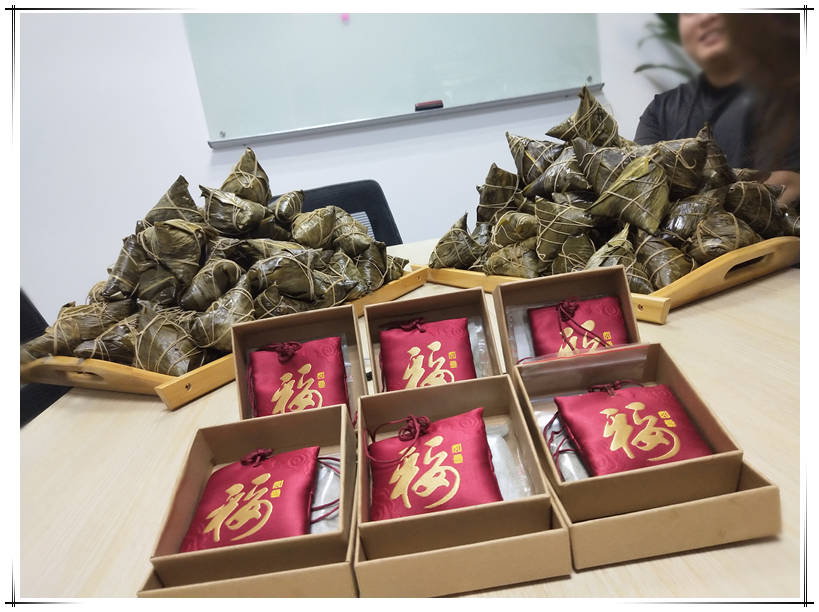
At the time the Dragon Boat Festival was approaching, in order to inherit and carry forward the traditional culture of the Chinese nation, the fellows in GAOFAN felt the atmosphere of the festival. On June 15, the company organized the “Sweet Zongzi in June, Love in GAOFAN” Dragon Boat Festival activity to promote the emotional exchange between employees, strengthen the teamwork awareness of the teams in the company, and eased the work pressure of employees, allowing employees to experience the unique flavor of traditional festivals and feel the profound cultural connotation of Dragon Boat Festival.
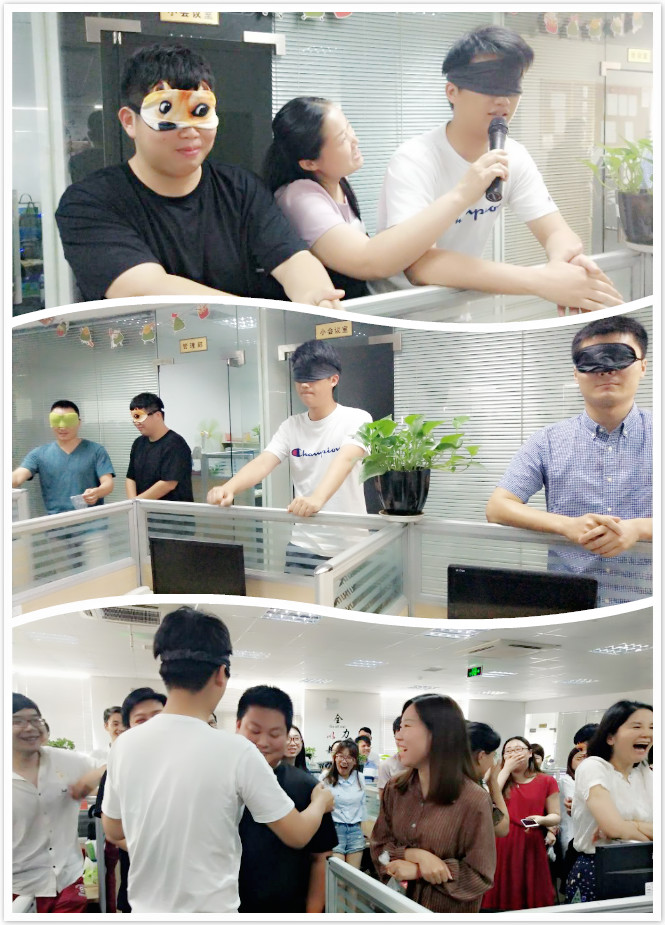
Of course, the Dragon Boat Festival must not be without the main character “Zongzi”. The company prepared a variety of flavors of Zongzi for everyone to taste, and the stuffing is dessert-based, which means that everyone has a happy holiday and a sweet life; however, there were “Easter eggs” in Zongzi. As there is a small number of Zongzi with a flavor, anyone who eats the Zongzi can get a beautiful gift.
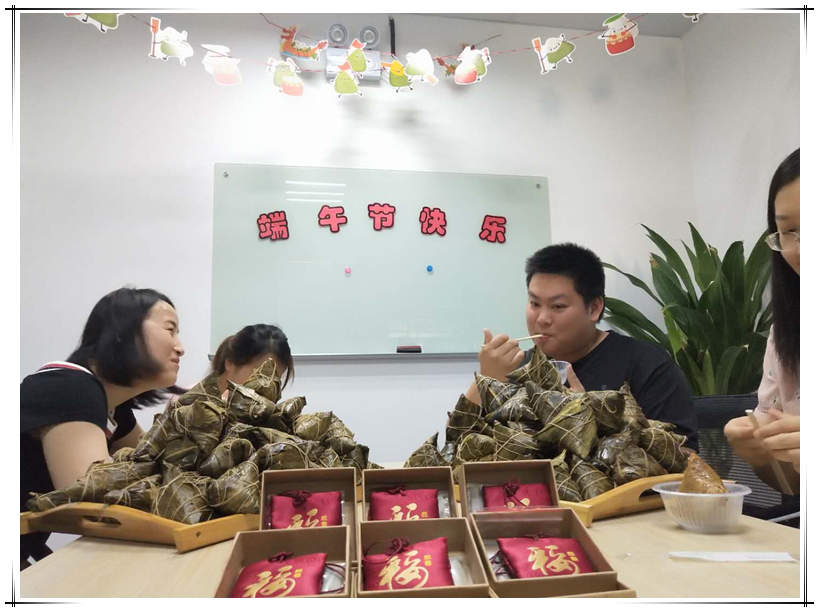
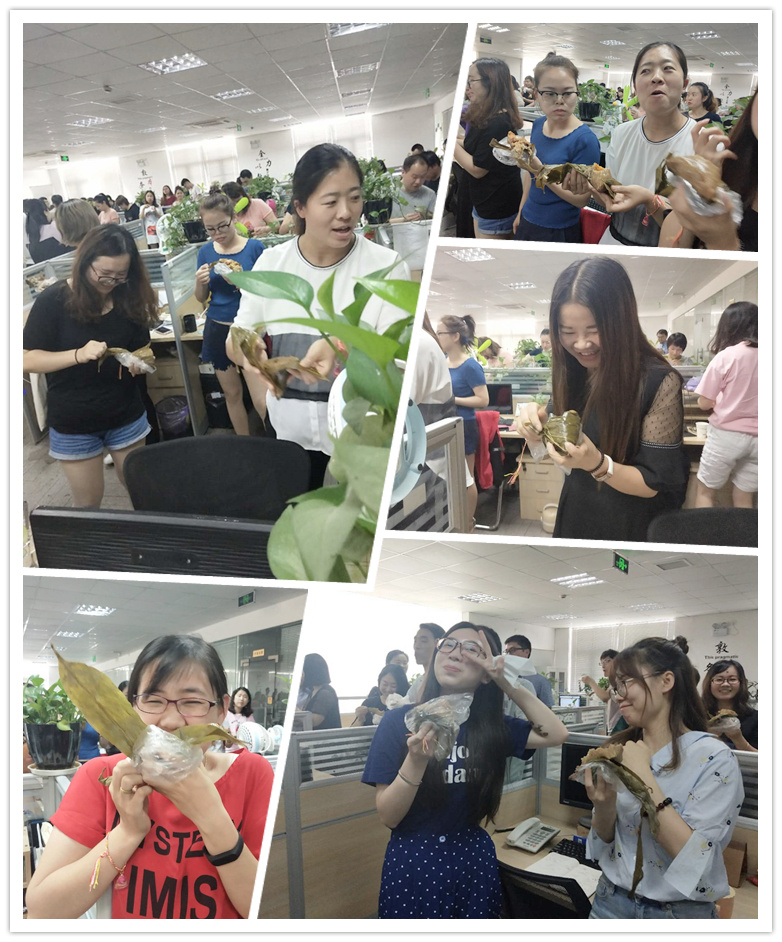
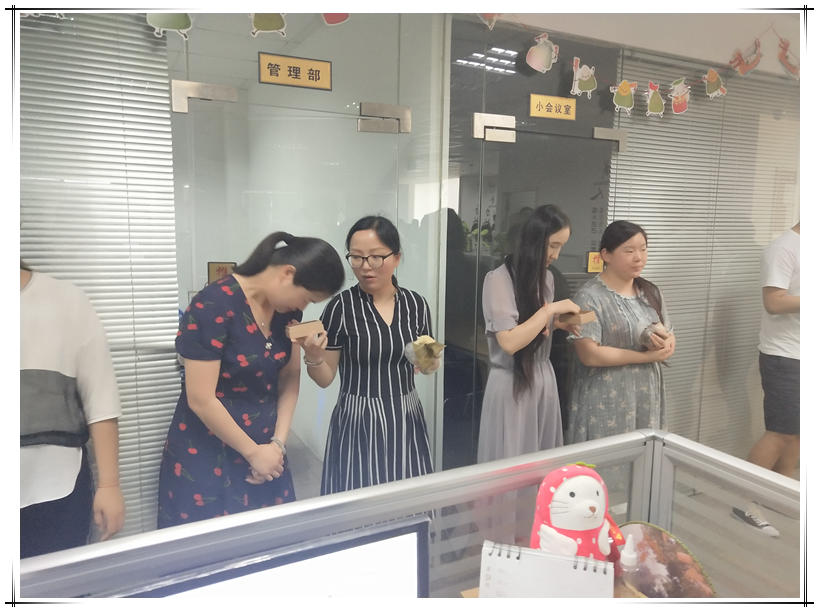
In traditional Chinese culture, five colors “blue, red, white, black and yellow” symbolizing Five Elements and Five Regions are considered auspicious colors. In the traditional customs of Dragon Boat Festival, people should wear five-color silk thread and sachets on their wrists, which means “safety”; the company prepared each fellow a five-color silk sachet in the activity, hoping everyone to continue to carry on the traditional Chinese customs.
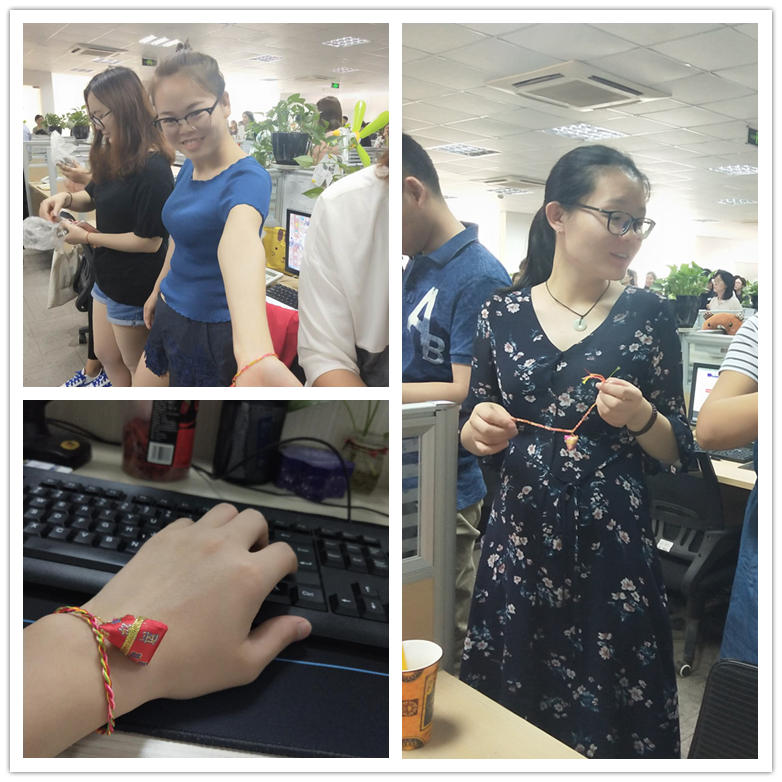
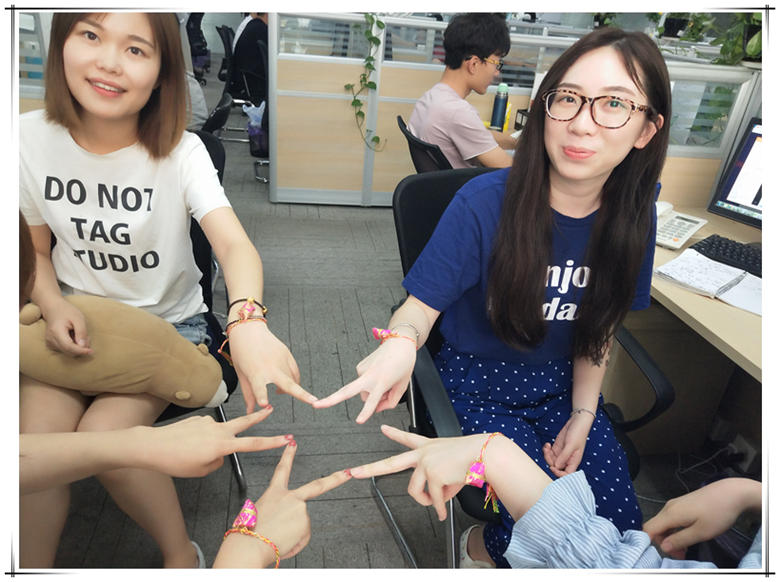
Through the activity, the fellows not only increased their knowledge of traditional folk culture, inherited the holiday customs, but also felt the warmth of the company’s big family after busy work, enhanced their teamwork spirit and cohesion, and felt the charm of Chinese traditional culture.